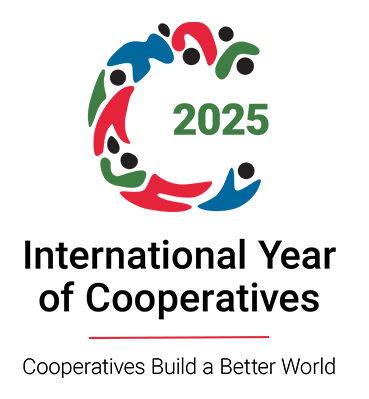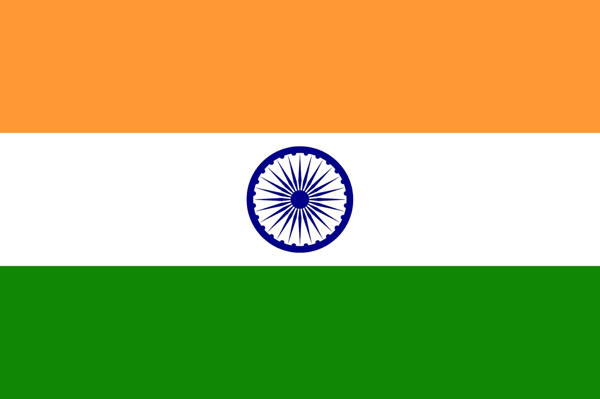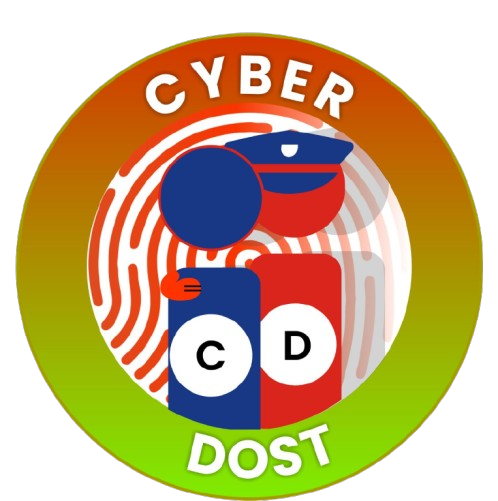DELHI LOKAYUKTA AND UPALOKAYUKTA (INVESTIGATION) RULES, 1998
Dated the 30 th July, 1998
DOWNLOADS
NOTIFICATION
No.F.9/3/97-AR- In exercise of the powers conferred by section 20 of the Delhi Lokayukta and Upalokayukta Act, 1995 (Delhi Act No.1 of 1996), the Lieutenant Governor of the National Capital Territory of Delhi, after previous publication and taking into consideration the objections and suggestions that have been received in respect thereto, hereby makes the following rules, namely :-
RULES
| Sr.No. | Public Functionary | Competent Authority |
|---|---|---|
| (i) | A person having the rank of Minister but not including Speaker & Dy. Speaker of the Legislative Assembly. | Lieutenant Governor |
| (ii) | A Chairman, Vice Chairman or Managing Director or a Member of Board of Directors (by whatever name they be called) other than Civil Servant / Government Servant in respect of :- | |
| (a) An apex Co-operative Society or any Cooperative Society constituted or registered under the Delhi Co-operative Societies Act, 1972 which is subject to the Control of the Government; | Chief Secretary | |
| (b) A Government company within the meaning of section 617 of the Companies Act 1956 engaged in connection with the affairs and is under the control of the Government; | Lieutenant Governor | |
| (c) A Local Authority (other than the Local Authority constituted under an enactment relatable to Entry No.18 of the State List of the Seventh Schedule to the Constitution) established under any law in relation to Delhi ; | Lieutenant Governor | |
| (d) A Corporation engaged in connection with the affairs and under the control of the Government | Lieutenant Governor | |
| (e) Any Commission or body set up by the Government which is owned and controlled by it. | Lieutenant Governor | |
| (iii)
|
A member of Municipal Corporation of Delhi as defined in clause 2(27) of the Delhi Municipal Corporation Act, 1957 (As amended in 1993) | Lieutenant Governor |
Provided that if the said public functionary is on deputation to a foreign service, the head of the establishment in which he is working or had worked shall be consulted if the allegation arises out of the administrative action taken by or with the approval of public functionary during the period of his deputation to foreign service.
- Short title. –
- These rules may be called the Delhi Lokayukta and Upalokayukta (Investigation) Rules, 1998.
- They shall come into force on the date of their publication in official gazette.
- Definitions .- In these rules, unless the context otherwise requires -
- “Act ” means the Delhi Lokayukta and Upalokayukta Act 1995 (Delhi Act No.1 of 1996);
- “ Complaint ” means an allegation made in writing to the Lokayukta or the Upalokayukta with a view to their taking action under the Act;
- “ Form ” means a form appended to these rules;
- “ Investigation ” means any enquiry or other proceedings in connection with the complaint but does not include a preliminary enquiry.
- Interpretations of words and phrases.- Words and expressions used in these rules but not defined herein, shall have the same meanings as are respectively assigned to them under the Constitution of India and the Act.
- Traveling Allowances.- When a person not in the service of Government is required by the Lokayukta or by the Upalokayukta to appear before him as a witness, he shall be paid traveling allowances for journey calculated under the ordinary rules for the journey of a Government servant on tour and daily allowance, and for this purpose the Lokayukta or the Upalokayukta may declare, by special order, the grade to which such person shall be considered to belong according to his status in life and his decision in this respect shall be final.
- Competent Authority.- For the purpose of item (B) clause (d) of section 2 of the Act, competent authority other than the one in the case of Chief Minister, Minister or Member of the Legislative Assembly shall, where appropriate disciplinary action is recommended by the Lokayukta or the Upalokayukta, be as under :-
- Complaint.-
- A complaint against the Chief Minister, a Minister or a Member of Legislative Assembly shall be in Form I accompanied by an affidavit in Form III in support of its contents. The complaint against other functionaries shall be in Form II accompanied by an affidavit in Form III in support of its contents.
- A complaint may be presented to the Registrar to the Lokayukta or to any other officer authorized by the Lokayukta.
- Fees.- A fee of five hundred rupees shall be paid in Judicial stamps for filing a petition of complaint.
- Affidavit.- Affidavits may be sworn before the Registrar to the Lokayukta or any other gazetted officer subordinate to the Lokayukta and authorized by him in this behalf besides the authorities already empowered under any law before whom affidavits may be sworn.
- Complaints filed prior to these rules.- Complaint filed prior to the enforcement of these rules shall be deemed to have been filed under these rules, if the complainant, subsequently, complies with the provisions of rules 6 and 7.
- Secretary of a department to give notice.- The Secretary of the department shall be the authority to give the notice in writing to the Lokayukta or the Upalokayukta under sub-section (3) of section 14 of the Act.
- Application of the Criminal Procedure Code.- The procedure prescribed in sub-section (1) of section 340 of the Code of Criminal Procedure, 1973 (2 of 1974) shall be followed in respect of offences referred to in clause (b) of sub-section (1) of section 195 of the said code and complaint made under section 340 of the said Code shall be signed by such officer of the Lokayukta as he may appoint for the purpose.
- Authentication of orders passed by the Lokayukta. – Any order passed by the Lokayukta or by the Upalokayukta under the provisions of these rules and executed in the name of the Lokayukta or the Upalokayukta shall be authenticated in such manner as the Lokayukta or the Upalokayukta may, be general or special orders, from time to time, specify.
- Transaction of business. - The Lokayukta may, from time to time, by general or special orders, provide for the convenient and efficient transaction of business arising out of the administration of these rules and the procedure to be followed for the purpose.
Provided that such order may also specify a matter or a class of matters which shall be brought to the personal notice of the Lokayukta or the Upalokayukta before any orders are issued.
- Residuary Powers. - All matters not specifically provided in these rules, whether incidental or ancillary to the provisions of these rules, or otherwise, shall be regulated in accordance with such orders, as the Lokayukta may, from time to time, make.
- Powers to regulate proceedings and investigations. - The Lokayukta or the Upalokayukta shall have the powers, subject to the provisions of the Act, to regulate the conduct of proceedings, investigations and enquiries in all matters not provided for in these rules.
- Procedure to be adopted at the investigation. – When the Lokayukta or the Upalokayukta conducts an investigation under the Act, he shall after a copy of the complaint or the statement of the grounds of the investigation has been served on the public functionary concerned, afford reasonable opportunity to him or his authorized representative to inspect or copy the affidavit of the complaint and other documents which may have been filed in support of such complaint, affidavit or a statement.
- Explanation -
- “Copy” includes preparation of a copy in manuscript or typewriting machine.
- Directions by the Lokayukta or Upalokayukta.- The Lokayukta or the Upalokayukta may, by order not inconsistent with these rules, provide for matters for which no provisions have been made or insufficient provisions have been made in these rules and may give such directions as may be necessary for giving effect to the provisions of the Act, the rules and such orders.


 दिल्ली लोकायुक्त
दिल्ली लोकायुक्त 


